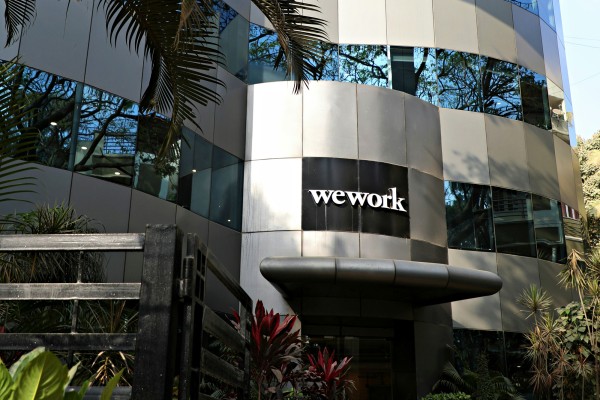Investors withdraw due to severe human rights abuses in the supply chain
# I. What happened?
The South Korea-based company Posco Daewoo Corp (formerly Daewoo International), produces textiles and fabrics made of cotton. Since the 1990s, it has heavily invested in production facilities in Uzbekistan, a major cotton-producing country, thus moving production close to the source of the raw material. However, the Uzbek cotton industry has been plagued by systematic, and often severe, child labor and forced labor issues.
Up until 2012, the Uzbek government implemented a policy that forced children to leave school to work in the fields, where they had to stay for several weeks and harvest up to 130 pounds of cotton daily. Refusing participation was heavily penalized through measures such as physical abuse, disadvantages at school, and police intimidation.
A change in government policy in 2012 led to a decline of child labor cases. However, while the incidence of child labor has declined, the need for labor has been filled by an increase in forced labor among adults. To ensure sufficient adult labor, Uzbek businesses are allegedly forced to send contingents of their staff to harvest the cotton during the harvest season, while public sector employees are threatened with losing their jobs if they do not participate in the hard work in the fields. The forced workers reportedly have to pay penalties if they fail to pick enough cotton to meet their daily quota, are not given protective equipment when forced to spray chemicals, and are housed in unsanitary accommodation. According to a report by the NGO Cotton Campaign, 11 people lost their lives during the 2013 harvest.
RepRisk identified human rights abuses, child labor, and forced labor issues related to Daewoo in Uzbekistan from the inception of the RepRisk database in 2007, although there were documented incidents dating back to 2005.



